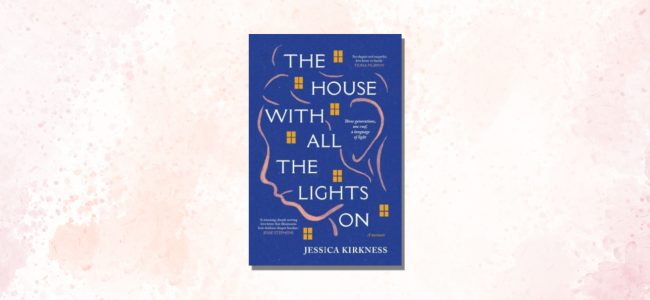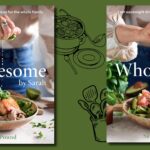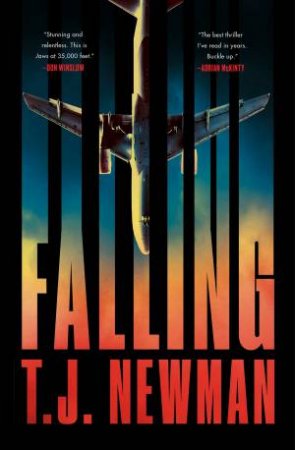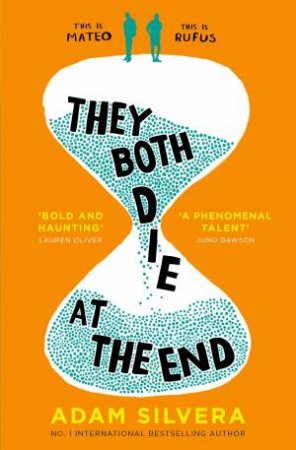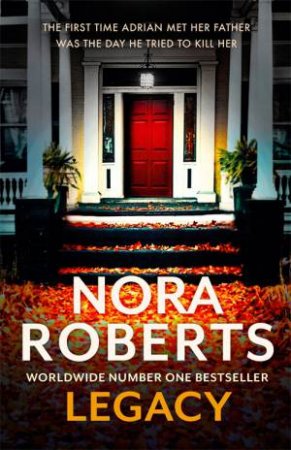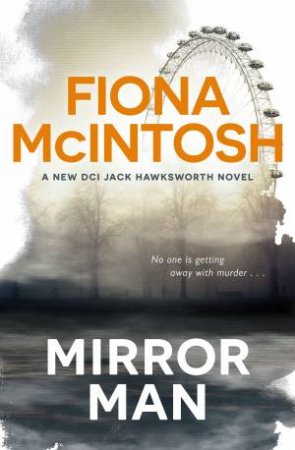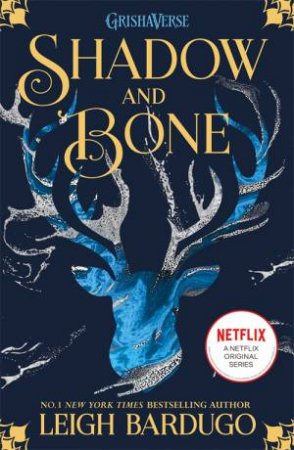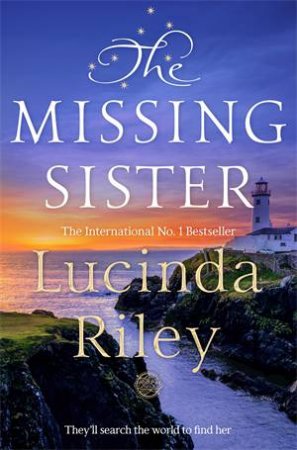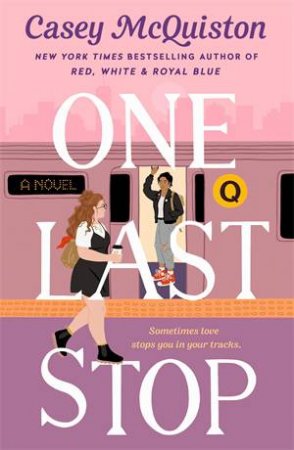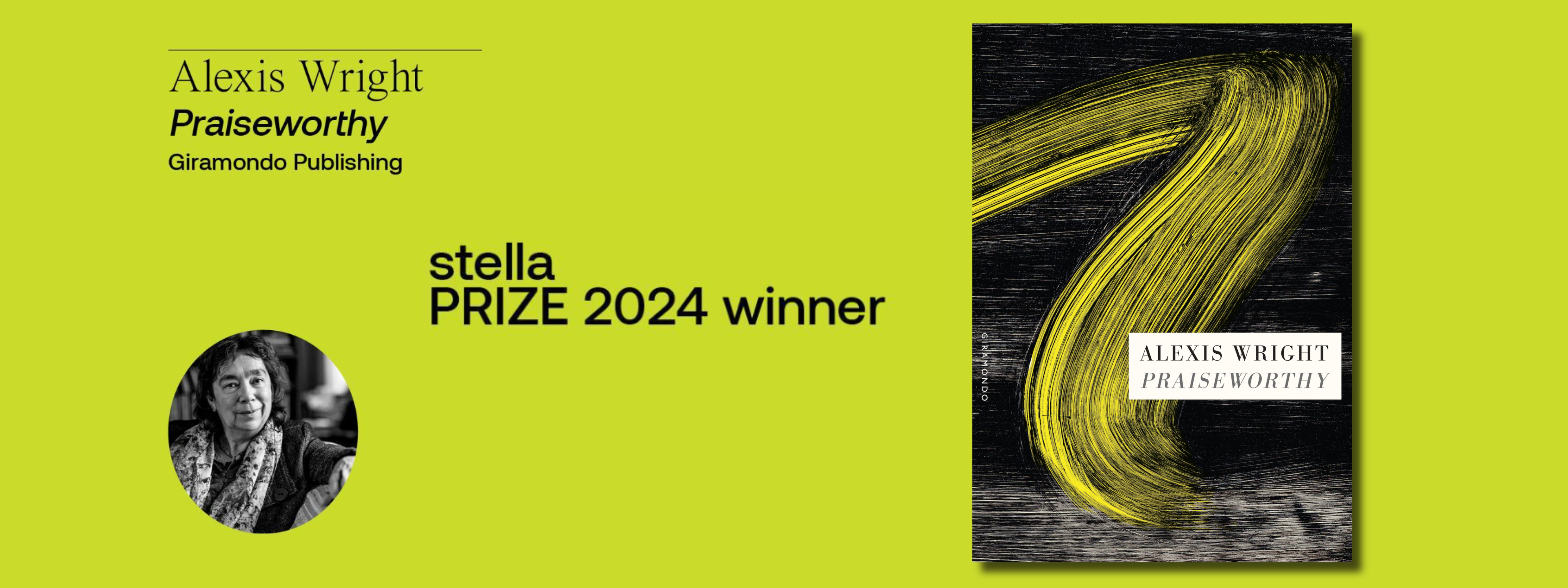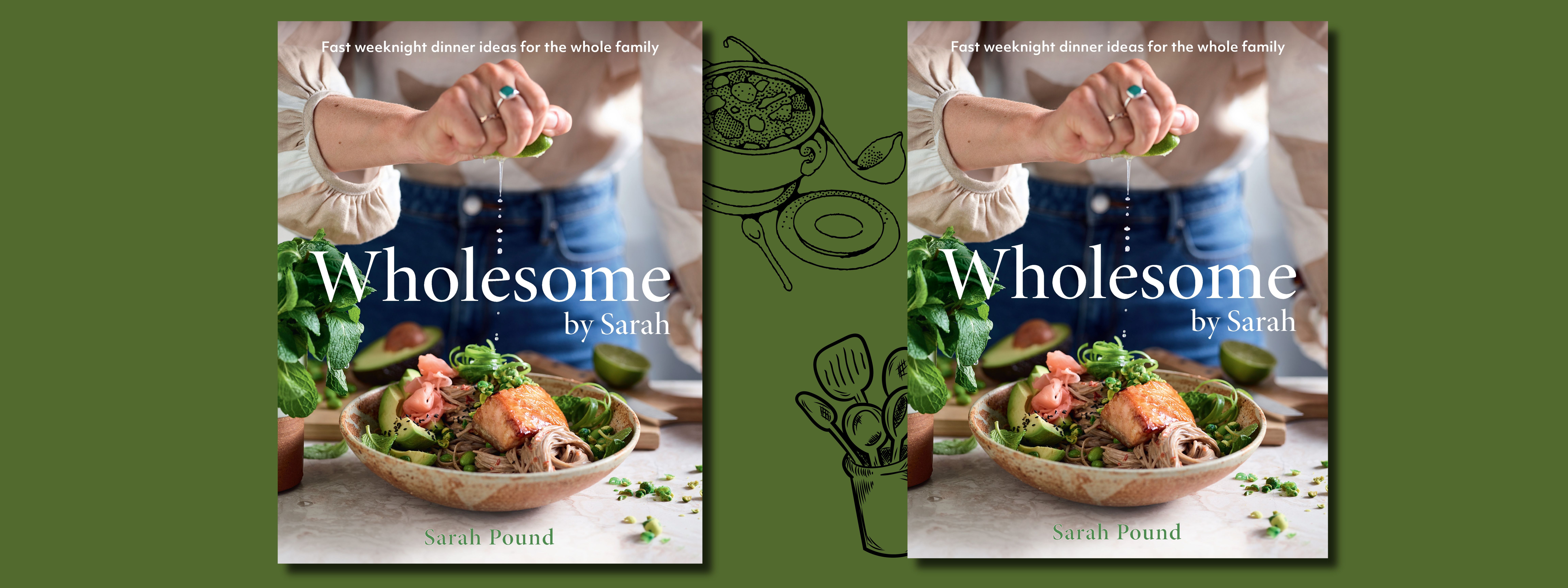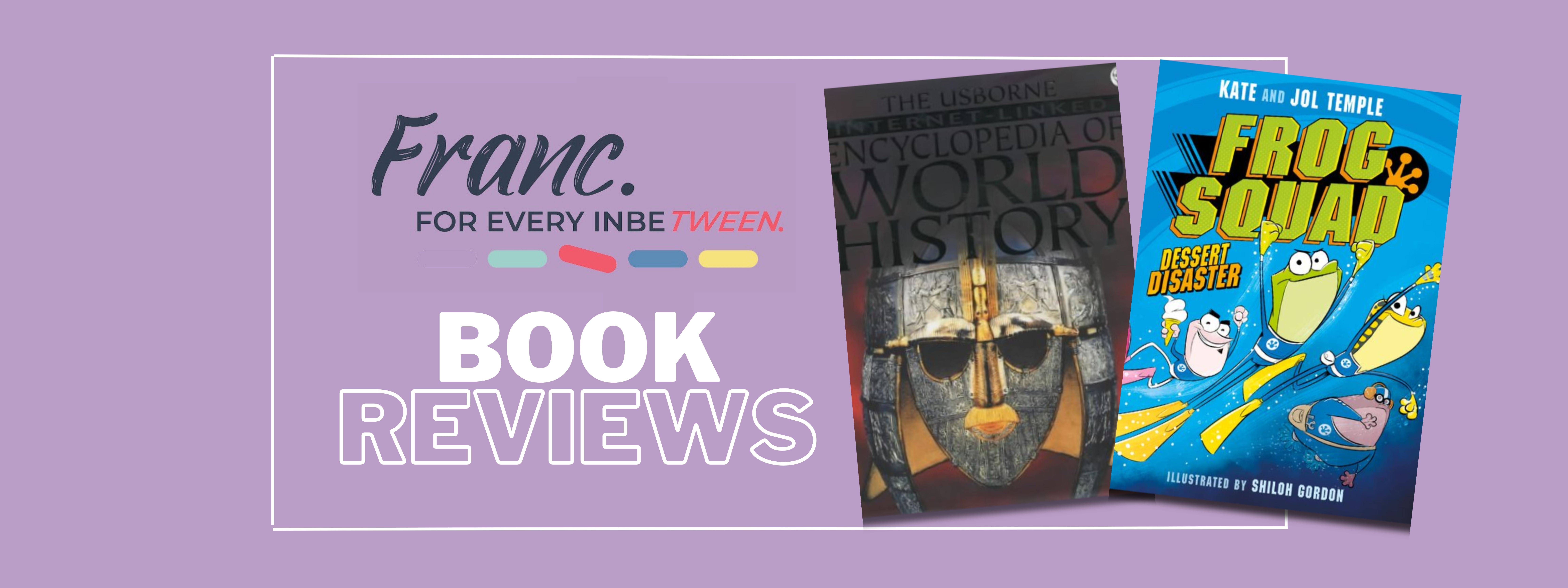
Dr Jessica Kirkness is a GODA – a grandchild of deaf adults— who writes about deafness, disability and family. In 2019 she received her PhD in the field of life writing and Deaf studies.
Her debut book, “The House With All The Lights On”, captures the universal experience of navigating complex family relationships and beautifully explores the nuances of identity in what is both a memoir and a love letter to those closest to her heart.
Exclusively for our QBD blog readers, we have a Q&A with the talented author. Below, get to know more about Jessica, her writing journey, and more: let’s dive in!
Challenge! Tell us about your book in 100 words or less.
The book is a portrait of three generations living under one roof. It tells the story of my deaf grandparents and my relationship with them as I grew up. For most of my life, I’ve traversed the boundary between deaf and hearing cultures, sometimes sitting on the periphery, and other times acting as intermediary or a bridge between worlds.
This is a story about home and family. It’s about navigating difference and complex relationships. It’s also about sign language, Deaf culture and politics, identity, and grief. At its heart is a quest to better understand the people I love most.
Who or what was your inspiration for The House With All The Lights On?
My grandparents were my inspiration. Their lives were both ordinary and extraordinary. They lived with such gusto, but equally, other people misunderstood them and their deafness. They struggled with being marked as different and I felt a real sense of injustice on their behalf. I fell in love with their language and their highly embodied and visual way of being in the world. In writing the book, I hoped I might preserve some of their wisdom and share it with others — especially those who have never had the privilege of meeting Deaf people.
The cover for The House With All The Lights On is interesting. Is there a story behind the artwork?
That was all in the hands of the artist, Mika Tabata. The second I saw the design I knew it was ‘the one’. It’s such a wonderful visual representation of the story— the windows from the house I shared with my family, the use of light and the night sky, and the profile of a face looking out and observing. It captured so many elements of the book and the visual culture at the centre of it.
Do you sign?
I do! But this wasn’t always the case, nor was the journey straightforward. I attended a preschool that had a deaf and hearing intake, and they ran a bilingual program where children were taught in both English and Auslan (Australian Sign Language). I could sign when I was young and always retained basic knowledge of the language.
But as I grew older and went through mainstream schooling, I relied more and more on my grandparents’ ability to read lips. I used sign mainly for clarification purposes.
In my late teens, my grandfather went blind in one eye and struggled to read lips. After years of laboured communication with him, I decided I wanted to enrol in Auslan classes. I was 25.
Learning to sign was one of the best things I ever did and meant that I had full access to my grandfather, his language and his culture.
What was the most difficult thing about writing The House With All The Lights On?
Probably navigating my insider/outsider status within the Deaf world. This duality is very much a focus of the book — the phenomenon of knowing but not knowing, belonging but not belonging, intimacy alongside distance. Understanding and then representing that between-ness was challenging at times.
I was also really cognizant of existing stories about deafness that are pathologising or patronising. There are so many tropes, but I particularly wanted to avoid the ‘triumph over tragedy’ tale. In writing the book, I had to face up to many of my own shortcomings when it comes to understanding deafness and disability. In some ways, the writing process was a form of re-education — taking the familiar elements of my life and placing them in a historical and socio-cultural frame.
Can you tell us about some of the research you undertook in writing The House With All The Lights On?
I spent countless hours interviewing my grandparents. They ended up being my collaborators and informal research assistants along the way. But I also travelled to the UK to visit the schools for the deaf my grandparents attended in their youth. On this research trip, I also worked with charitable organisation ‘Music and the Deaf’ and followed their team of Deaf musicians around as they went about their work delivering musical programs for deaf children across the UK. I observed signing choirs and workshops, went through archives of historical material, and interviewed many educators, audiologists and speech therapists. It was an incredible trip.
The House With All The Lights On is a story of family, culture and community. What is the key thing you would like people to take away from reading your book?
I’d love for people to think about ‘difference’ differently, and to challenge entrenched ways of thinking about our bodies, the sensorium, and sound. I hope people will emerge from the book pondering deafness, diversity, and allyship in new ways.
What are some of the most beautiful/ interesting things you discovered about the non-hearing community through your research?
I think my appreciation of sign language poetry, art and music was really enhanced through the writing of this book. I learned so much about the subtleties of embodied language and communication, and the ways signers tell stories using their bodies and space.
There were many sobering and challenging things I learned about the ways deaf people have been mistreated throughout history. My grandparents were included in these struggles. What I found, though, was an incredible amount of resilience and pride for a culture, a language, and a community that has so often been under threat.
To order “The House With All The Lights On”
by Jessica Kirkness, you can visit us
in-store or on our website today!

